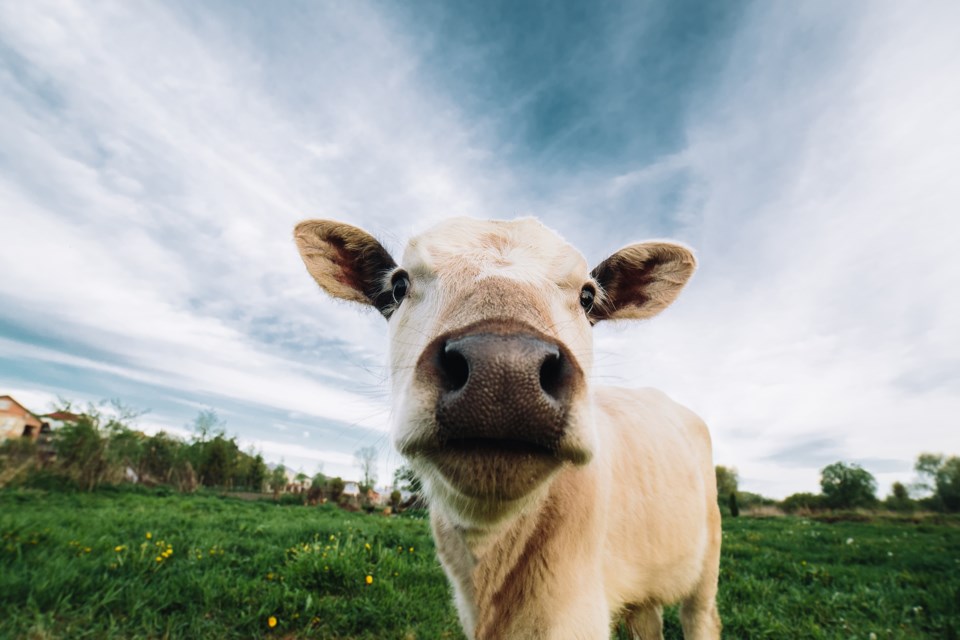GuelphToday received the following letter to the editor from Lauren Benoit, in response to a recent letter regarding the environmental impacts of the beef industry:
*************************
I am writing in regards to the letter from Ms. Alandra Tideman on March 15.
My name is Lauren Benoit and I am also a University of Guelph student. I am a 2016 graduate of the Bachelor of Science in Agriculture program and now currently in my 1st year of a Master’s degree in Plant Agriculture.
I, like you, am also a lover of animals, nature and the environment. I was born and raised on a grain farm and have experience in animal agriculture working on a dairy farm. As farmers, climate change has a huge impact on our operations and mitigating climate change is one of the premier areas of research for our industry.
I have seen the documentary Cowspiracy and found that it offers only one-side of a very complicated issue. Many of the ‘facts’ have been twisted to blatantly push a vegan-activist agenda. It offers a singular solution without fully examining all sides of the issue.
The claim that animal-agriculture is a larger source of Green House Gases (GHGs) than transportation has actually been retracted by the authors of the original FAO paper that it came from.
The study accounted for GHG emissions from every aspect of animal agriculture including fertilizer production, methane emission, farm vehicle use and transportation of livestock, while only accounting for the GHGs emitted through the burning of fossil fuels in vehicles.
The error made was that the study compared life-cycle emissions from animal agriculture but only a small portion of emissions from transportation.
It was an apples-to-oranges comparison. For the most up-to-date and robust assessment of the impact of animal agriculture on the environment I would suggest the 2013 United Nations Food and Agriculture Organization report “Tackling climate change through livestock: A global assessment of emissions and mitigation opportunities”, the report concludes that with the use of best management practices on our farms, animal protein can be a sustainable part of feeding our growing planet.
In Canada, much of the land used for livestock production is unsuitable for crop production and can only be used for grazing cattle, sheep or goats.
We are already doing a lot to mitigate climate change already. The Canadian beef sector has significantly reduced GHG emissions by 14% between 1981 and 2011.
Today, with newer technologies and research that number continues to decrease. In 2014 the Canadian Roundtable for Sustainable Beef was officially formed, an organization made up of farmer groups, environmental organizations, food processors and food service providers with the sole objective of achieving and maintaining a sustainable Canadian food system.
The Ontario Action Plan for climate change builds on the work that is already being done by Canadian farmers.
Effectively mitigating climate change requires a collaborative approach from all Canadians, it means, among other things, driving less and recycling more, not completely eliminating meat from our diets.
You asked for an action plan that brings accurate and reliable information on animal agriculture into our classrooms.
As both a farmer and a budding scientist, I would argue that the Cowspiracy documentary cannot be described as either accurate or reliable. I would instead suggest sourcing information from multiple sources and critically evaluating them before arriving to a conclusion.
I understand your concern for the environment and I need you to understand that farmers are the best environmental stewards we can be. I love the industry that I work in more than anything.
Farmers are hardworking and passionate and care so deeply for not only their livestock but the land we raise it on. Environmental sustainability is a priority so that we can continue to work at the jobs that we love and allow future generations to do the same.
All the best,
Lauren Benoit
*************************



